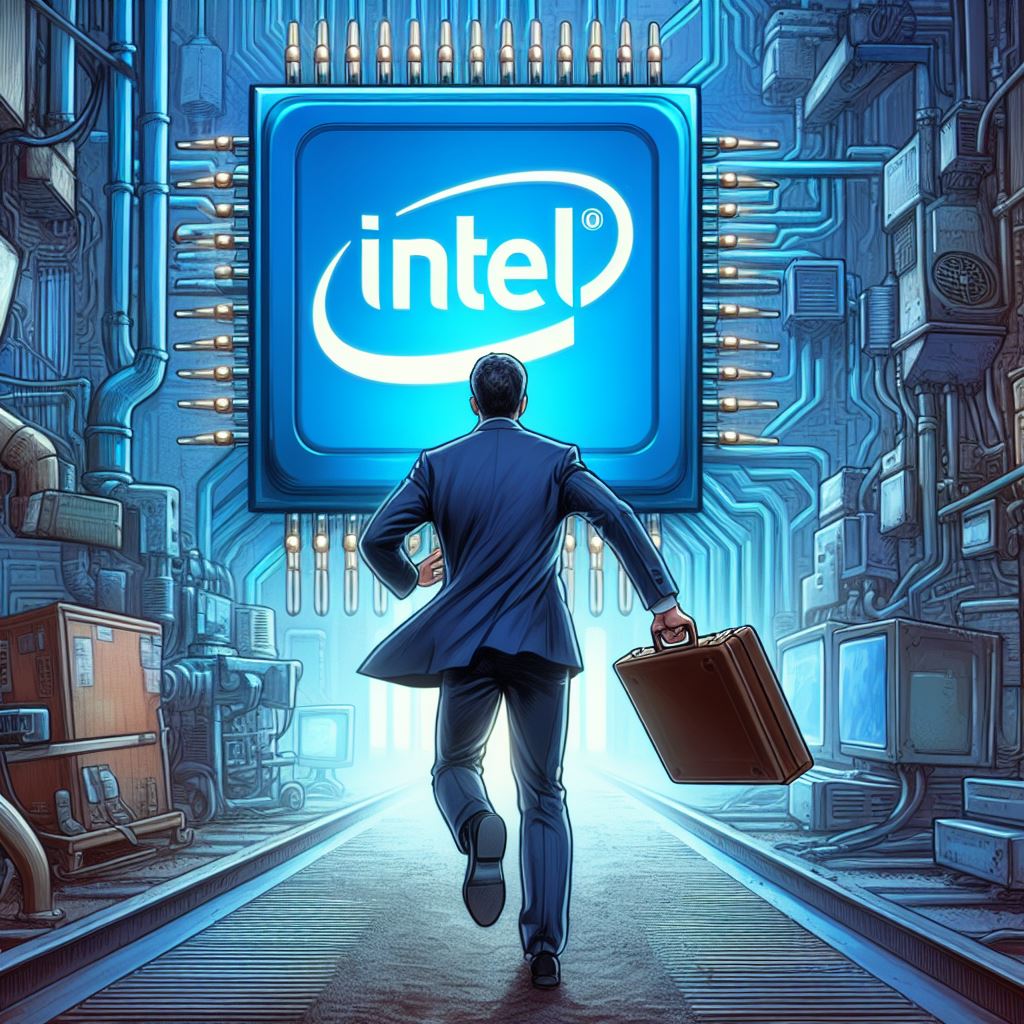
Intel's CEO, Pat Gelsinger, has steered the company's manufacturing unit into a new phase known as Intel Foundry Services (IFS), transforming it into a standalone business within Intel's overarching structure. Gelsinger revealed that IFS would begin reporting its financials independently from the second quarter of the upcoming year.
The decision marks a significant departure from the conventional structure, with Intel refraining from immediately spinning off IFS as a separate entity, unlike its approach with Mobileye, the autonomous driving business. However, Gelsinger hinted at potential plans to follow suit with the programmable chip unit in the next two to three years.
In an exclusive interview with Reuters, Gelsinger emphasized the viability of the internal foundry model in the current business landscape. He stated that Intel essentially functions as two distinct entities – a chip design business and a factory unit – a strategic maneuver aimed at assuring IFS customers that Intel maintains a pristine reputation as a "clean supplier" of manufacturing capacity.
Despite the separation, Gelsinger highlighted the synergies gained by keeping the operations together, citing the current high utilization of factory capacity by Intel. This integrated approach provides a confidence boost to IFS customers while allowing Intel to optimize its resources effectively.
The CEO's statements came to light during an event in New York centered around PC chips with artificial intelligence features. Gelsinger took the opportunity to discuss the challenges of running AI applications from distant data centers, stressing the economic impracticality for companies like Microsoft. According to Gelsinger, local PCs are essential for real-time processing, given the astronomical costs associated with transmitting data from a billion Windows devices to Azure.
To make this economically viable, Gelsinger proposed that Microsoft would need to achieve a remarkable 100-to-one reduction in the volume of data shuttling between its data centers and the individual PCs. This insight into the practical challenges of cloud-based AI processing sheds light on Intel's strategic alignment with the current needs of the tech industry.
As Intel sets the stage for the evolution of its manufacturing capabilities through IFS, the tech world watches closely, anticipating the unfolding impact on the semiconductor industry and the broader technology landscape.
By signing up, you agree to our User Agreement and Privacy Policy & Cookie Statement.